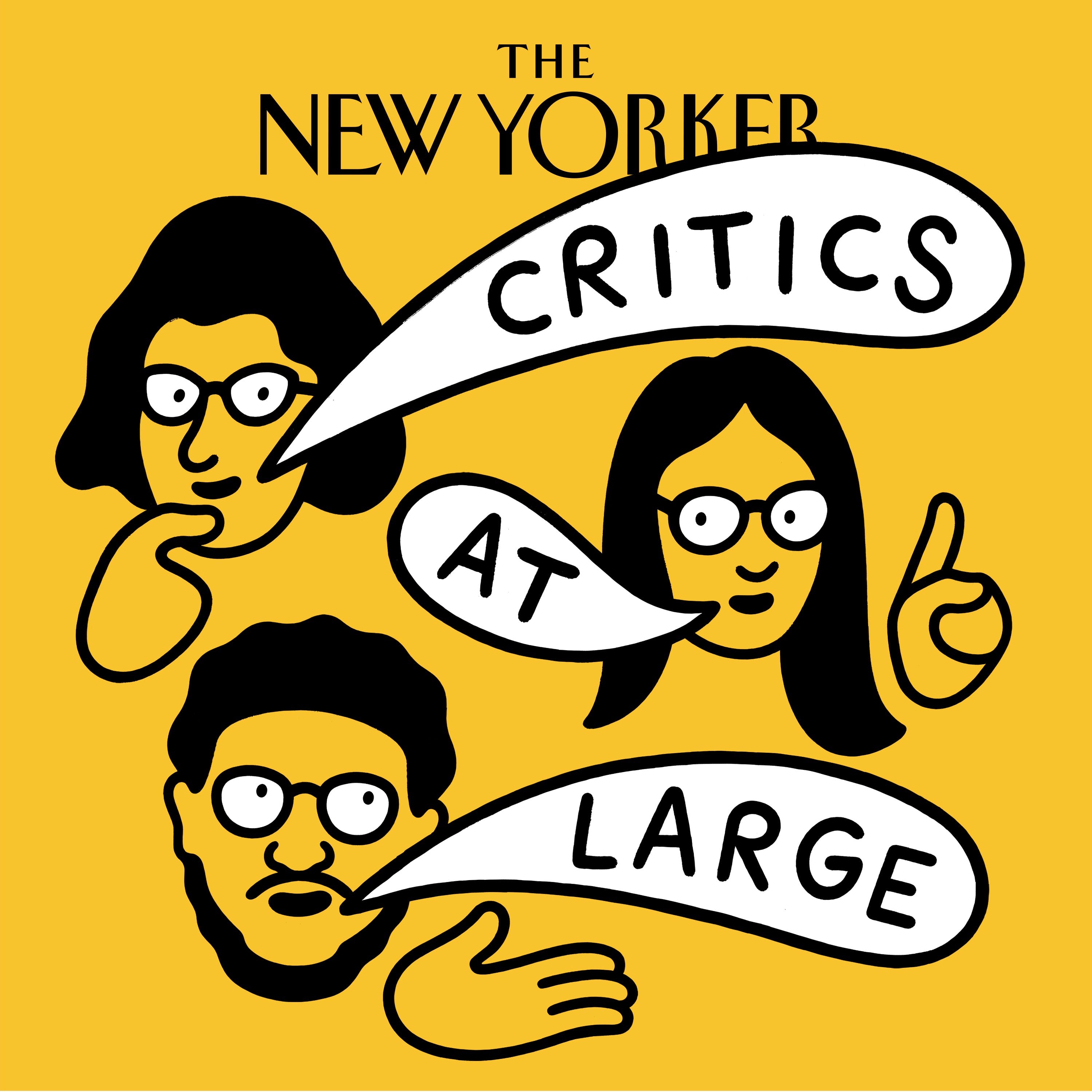
Critics at Large | The New Yorker
The New Yorker
Podcast
Episodes
Listen, download, subscribe
Why We Can’t Quit the Mean Girl
If some of us have managed to avoid mean girls in life, we’ve had no such luck in art. The “mean girl”—a picture of idealized femininity who usually heads up a like-minded clique—has appeared in films like “Clueless,” “Heathers,” and, of course, the 2004 classic “Mean Girls,” written by Tina Fey. Recently, the mean girl has received a makeover. In this episode of Critics at Large, the staff writers Vinson Cunningham, Naomi Fry, and Alexandra Schwartz discuss texts that have breathed new life into the trope, beginning with Ryan Murphy’s “Feud: Capote vs. The Swans,” which dramatizes the schism between the writer Truman Capote and the group of New York City socialites he called his “swans.” The hosts trace the figure of the mean girl through culture, from the character of Regina George—who returns in the 2024 movie-musical reboot of “Mean Girls,” albeit a little less mean than before—to the cast of “The Real Housewives of Salt Lake City.” Today, the archetype is ripe for projection, appropriation, and maybe even for sympathy. “The hope and the fear looking at these mean girls is imagining how great their lives must be,” Fry says. “But I think concurrently we would be happy to learn that, in fact, it’s lonely at the top.” Read, watch, and listen with the critics: “The Allure of the Mean Friend,” on “This American Life” “Carrie” (1976) “Daniel Deronda,” by George Eliot “Euphoria” (2019—) “Feud: Capote vs. The Swans” (2024) “Gossip Girl” (2007-2012) “Heathers” (1988) “La Côte Basque, 1965,” by Truman Capote (Esquire) “Mean Girls” (2004) “Mean Girls” (2024) “101 Dalmatians” (1961) “The Real Housewives of Salt Lake City” (2020—) New episodes drop every Thursday. Follow Critics at Large wherever you get your podcasts.
Critics at Large | The New Yorker RSS Feed

